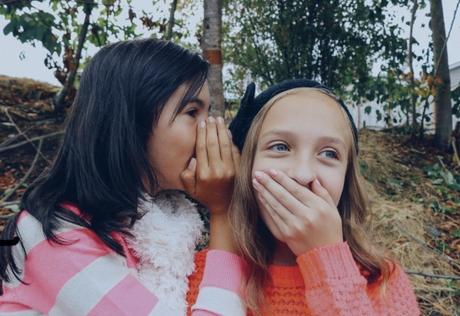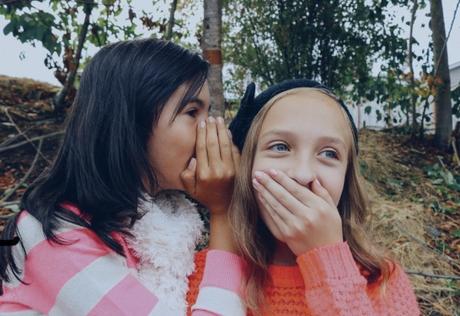Most children have a natural impulse to make friends and will usually form many friendships and gain many benefits from them. Some younger children may require some support to develop the skills required to make and maintain childhood friendships, and there are several things that you can do to provide this support at home.
Forming and maintaining healthy friendships in childhood can be very beneficial. Friendships can help develop a child's empathy and altruism, and navigating friendships is often key to the emotional and social development of a child. Friendships can make a child happier, more confident in herself, and improve her wellbeing by providing a more positive outlook on life. Making friends allows a child to develop his communication skills, and studies have shown that having friends can reduce stress levels.
Supporting Your Child's Friendships:Everybody knows that friendships are not always easy or straightforward, and children of all ages can sometimes struggle with a range of friendship issues. Younger children in particular might need some additional support when it comes to dealing with certain aspects of their friendships. Some key things to do at home to support your child's friendships include:
Encourage Politeness and Good Communication:What your child learns at home will be transferred to their friendships in school and elsewhere. Being polite to everybody should be a key rule at home, and children should be encouraged to voice their opinions and communicate in a way that is honest and caring to others. The best way to do this is by setting a good example. Encourage your children to talk to each other and you in a polite way, for example, by teaching them how to ask nicely for what they want or need.
Set a Good Example:Setting a good example with your own friends and relatives is a good way to demonstrate to children what a healthy friendship should look like. Your friendship with your spouse or partner is often the first example of a friendship that children will look up to, so interact positively with each other in front of your kids and demonstrate to them how conflicts are dealt with in a healthy way. Modeling good friendship behavior with your friends sets a good example to your children when it comes to how friends behave and treat each other.
Practice Sharing and Taking Turns:Sharing and taking turns might be difficult for some younger children, but learning how to do this is key to developing good friendships throughout their childhood. At home, you can help your child develop these skills through playing games and other fun activities that encourage sharing and turn-taking. Board games, in particular, are a fun way to teach children about taking turns since it's integral to playing the game. You can also use children's books about friendships to provide more examples of good friendship behavior to your kids.
Friendships are often some of the best parts of growing up, and most parents want their kids to have healthy and fulfilling friendships. At home, you can help your child develop the necessary skills to make good friends for life.



